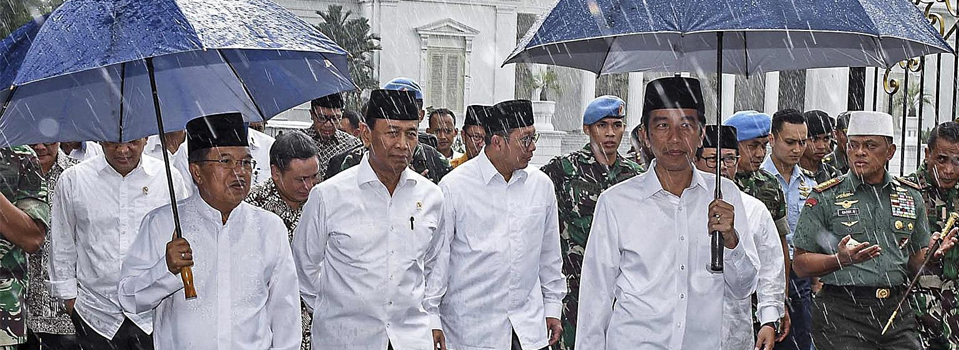ASEAN SUMMIT
THE VIEW FROM THE SUMMIT
IS THE medium the message?
Myanmar’s Economic Minister David Abel might have pondered about this as he faced difficult questions from reporters yesterday about giving people in his country access to the Internet.
Trying to fudge the issue, he said the use of telephones and fax machines, which required permits in Myanmar, had to be “worked out according to the law”.
It reflected Yangon’s concerns that a wired society might be a more open society – and a less compliant one. But for the other Asean countries, the message is the medium.
The Internet and e-commerce were the only way forward in an age where the forces of globalisation were sweeping the world. With the touch of the button, multi-million dollar business deals could be sealed, houses bought and jobs secured. Economics is primus inter pares for e-Asean, the information technology programme to wire up the region.
Prime Minister Goh Chok Tong said that the Singapore initiative was very important because it would plug the 10-member organisation into the world economy.
“So if the Asean economies are not able to link up and encourage e-commerce, well we are going to miss on the new economy in the future.”
Such thinking takes place against a backdrop of an economically resurgent East Asia. Asean leaders had expressed concern recently that the region was losing out to China, Japan and South Korea.
Information technology was key to the rise of the East Asian tigers.
But in South-east Asia only one per cent of the 500 million people used the Internet, and they were all from Singapore, Malaysia, Thailand, Brunei and the Philippines.
Cambodia, Myanmar, Laos and Vietnam – all of whom joined Asean over the last few years – were not on the list.
The only way to bridge the digital divide is to “level-up” these economies. And that can be achieved by sowing the seeds of the Internet revolution in these countries.
E-Asean will build upon the information technology of Asean countries. This includes Singapore’s IT2000 and SingaporeOne, Brunei’s RaGAM 21, Indonesia’s Nusantara 21, Malaysia’s Multimedia Super Corridor and the Philippines’ IT21.
Economic growth will be generated by the involvement of several private companies in multimedia projects to set in motion e-Asean.
There are big names such as General Motors. But there are also Asean start-ups that have secured a foothold.
These includes Brunei’s e-ASIANproperty.com to develop a market for buying and selling property and Oracle, Sun and Connect! Singapore, a regional information portal.
But beyond economics, the Internet brings a host of other benefits, especially to the less-developed economies. It opens up societies.
Raising educational and literacy levels in the backwaters of Cambodia and Laos, for example, is the underpinning for subsequent economic development.
It will only be a matter of time before the cybercafe culture takes root in Phnom Penh, Vientiane, Hanoi or Yangon.
The Internet revolution will not just bridge the digital divide. It will bridge societies and cultures.
The only question is whether Mr David Abel and the Myanmar government know this.

